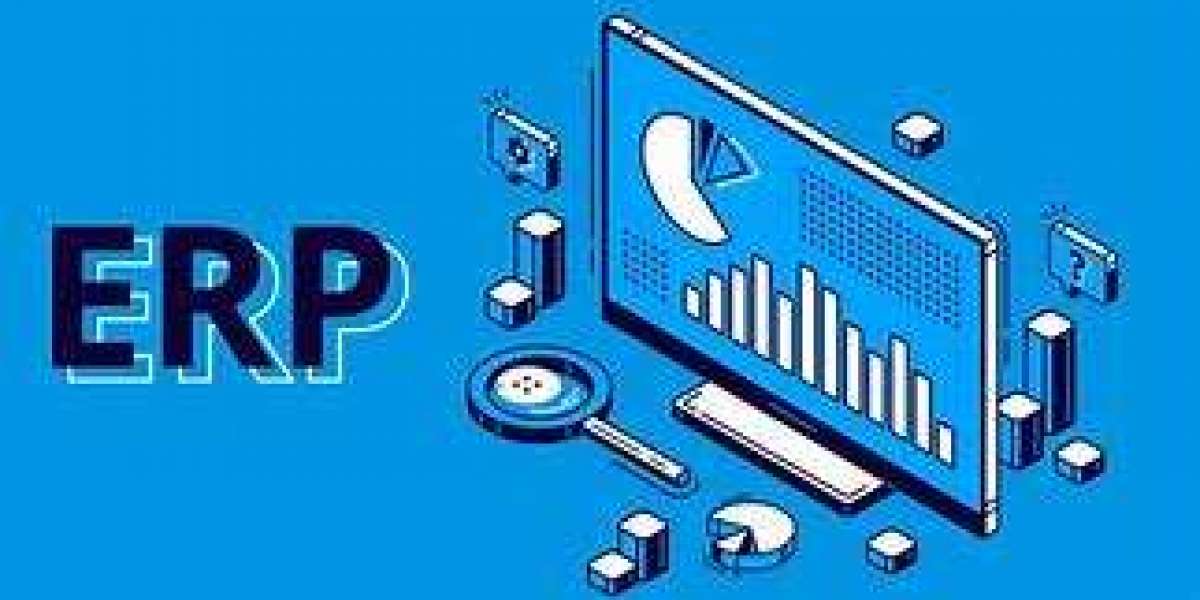1. Set goals
Start by identifying your company's ERP software solution goals and understanding management's goals so that you can get buy-in from the entire organization when choosing the system that best suits your company. Acceptance of the new system will be better if key users are included in the selection phase. Planning the ERP selection and installation process is the first step.
A methodical selection process can help you determine whether your ERP system supports your internal and external business processes. During the ERP evaluation phase, attention should be paid to the extent to which the ERP system can be adapted to the specific requirements of the company.
2. Create a list of ideal ERP system features
One list should contain "must have" features and the other list should be "nice to have" or a low-priority list.
3. Get advice from industry experts
Gain key insights about what is happening in the ERP space today so you know what to consider during the evaluation process. Click here to access a list of top ERP blogs, news, and research publications. You can also download our white paper: "What's Next for ERP?"
4. Talk to customer references
Ask potential ERP companies if you can talk to current users to find out what it's like to work with the company and its partners, among others. Ask them about the quality of their customer service, from the installation process to the long-term experience. Ask them about their satisfaction and first-hand experience with the use case scenarios you envision, and ask them to describe the results. Ask them how user-friendly the software is. Ask about their experience integrating the software into third-party solutions and ask about the upgrade process. Research user reviews and case studies of future ERP companies. Make sure the ERP company you are considering receives the highest ranking in ERP market surveys for customer satisfaction. This is something we are very proud of at Abas. We have a 90% user satisfaction rate and we look forward to getting even more customer enthusiasm at the upcoming abas 360° User conference later this month."
5. Determine the total cost of ownership and change
You need to consider every factor that affects the overall cost of having an effective ERP system, which goes beyond the initial cost of licensing fees, services, and third-party add-ons. Click here for our advice on determining your total cost of ownership and changes.
6. Create a realistic implementation plan
Here are some questions we recommend you ask potential ERP vendor companies about installation:
- Can the system operate and support multiple languages (if applicable)?
- Does the supplier have a track record of successfully implementing national and/or international projects?
- Does he have a best practice installation method?
- How well coordinated are multiple supplier offices and/or partners nationally and/or internationally?
7. Research customer service and support products
The company that provides the ERP system of your choice should have extensive experience in your industry, understand the requirements of a company of your size, and be able to provide you with professional help from the installation stage through to your long-term relationship. The ideal ERP service provider will also have an extensive network of partners to gain expertise and industry experience.
8. Evaluate your findings
When evaluating ERP solutions for companies you're considering, it's important to document your findings. On page 5 of this white paper, we have created a scorecard where you can record your findings on the total cost of ownership, software quality, and vendor quality using a simple rating system.
In short, choosing the right ERP solution for you is an extremely important decision. We want you to use the above steps as a checklist for a thorough evaluation, including understanding where you are now, where you want to go, identifying a quality company's ERP product, and making sure it can be your long-term solution.
Search
Popular Posts








